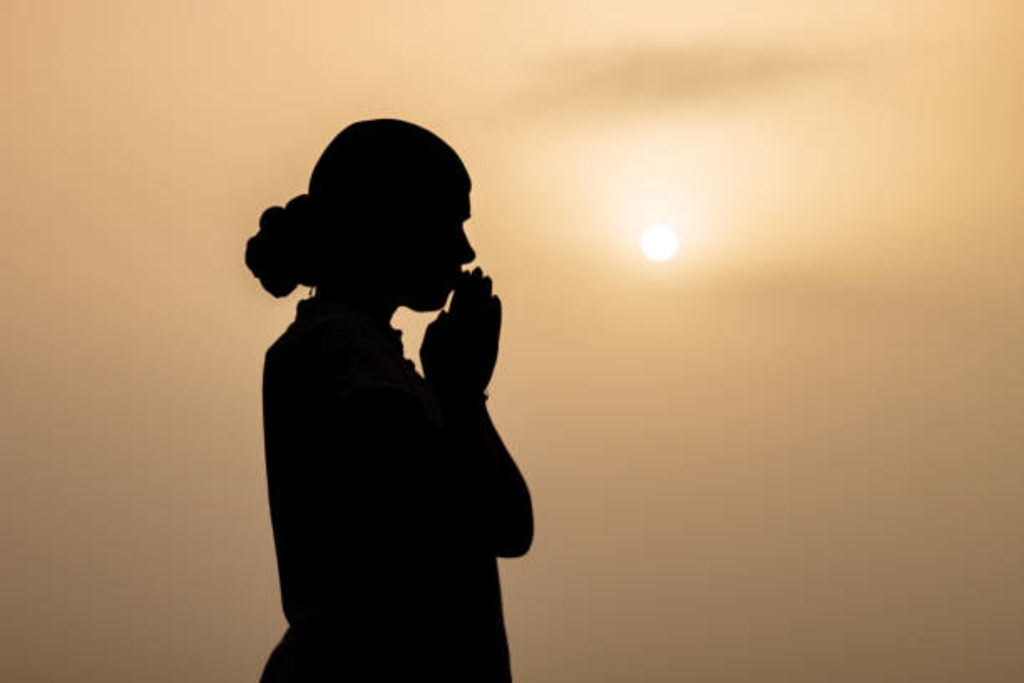DOCTORS must normalise conversations about menopause with women when they’re admitted at hospitals for childbirth, says a group of Indo-Fijian women market vendors.
Speaking on anonymity, Wati (not her real name), said there was no other way for women in rural and remote communities to learn about issues like menopause and other health issues affecting both men and women.
“We have never been told by our mothers or doctors that this is a natural occurrence,” she said.
“Doctors should tell us when we go to deliver babies at the hospital that this is something you will go through in future. They should also have awareness and talks on this openly as they do with HIV/AIDS and condoms.”
Women vendors at the Suva market said hot flushes, mood swings, night sweats, extreme fits of anger and sleep disturbances were usually passed off as the effects of “witchcraft” in Indo-Fijian communities.
“Imagine the shame and fear we women go through, thinking ‘it is only me’ going through all this or going crazy – many times we are called pagli or kuku by our families and relatives,” the women said during the interview.
Wati said she was 47 years old when she began experiencing what she now realises were symptoms of menopause.
“Many women like us don’t know anything about menopause. I’m now only learning about this from you, that this thing we women go through has a name. Women often confuse this natural end to menstruation with witchcraft, illness or sudden infertility.”
At the height of her experience, Wati said she struggled to sleep, had hot flushes and an accelerated heartbeat. At times, she said, she felt like she was being attacked physically although no one was attacking her.
“By the time I reached 47 I went to the temple few times to be prayed over and was even taken to a witchdoctor who said that someone had cast a spell on me to separate my husband and I. And the fights we had which were mostly initiated by me – it seemed like I was possessed.”
Because the topic of menstruation is considered taboo in Indian cultures, conversations around menopause are almost non-existent in Indo-Fijian communities. Even when menstruating, women keep this hidden from male family members and avoid talking about it.
As a result, traditional views have shaped understanding on menopause more than medical knowledge.
“When I started having irregular periods just before turning 50, I experienced heavy blood clots, I got very weak and had to seek medical help. I was prescribed iron tablets and I couldn’t thank God enough when my period finally stopped when I was around 51.
“At first it was like missing a ‘friend’ but I saw a positive side to it – I could worship and enter temples any day I wanted which was a relief to me.
At 69 and armed with this new knowledge about menopause, Wati believes she is better informed to help younger women understand this transition.
“Both my daughters are about to enter this phase so I will share with them what I’ve learnt and tell them to buy supplements or seek medical help if need be.”



